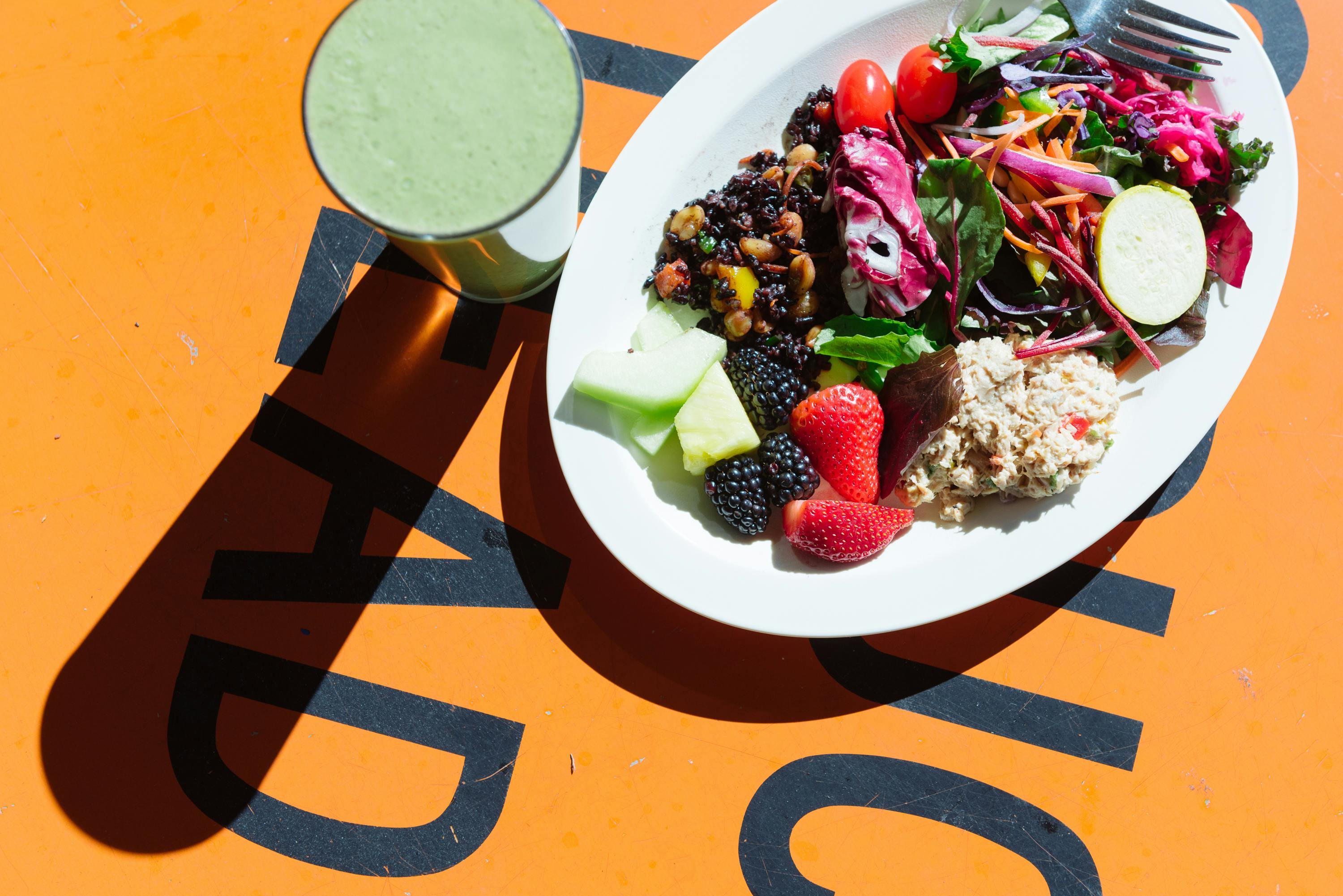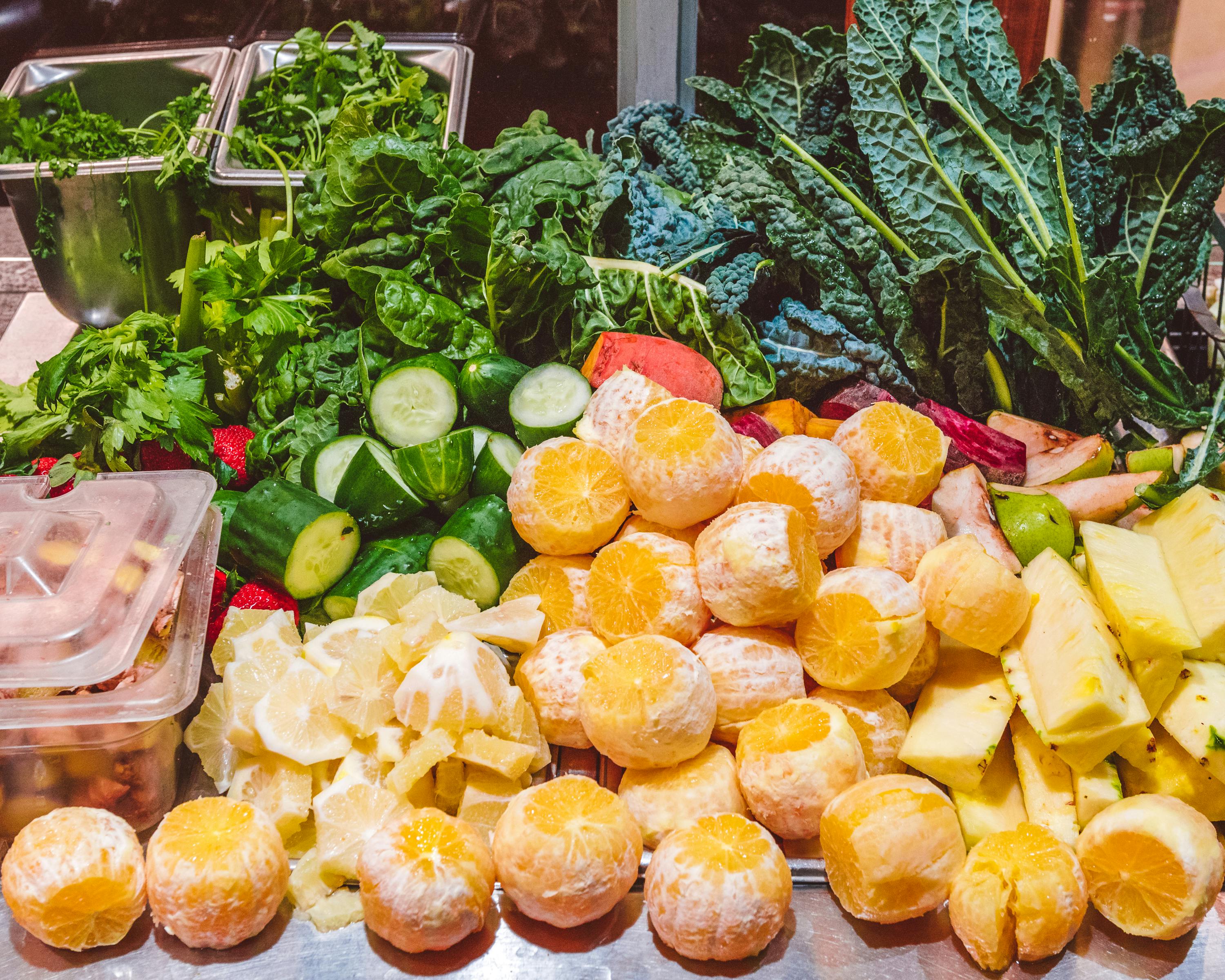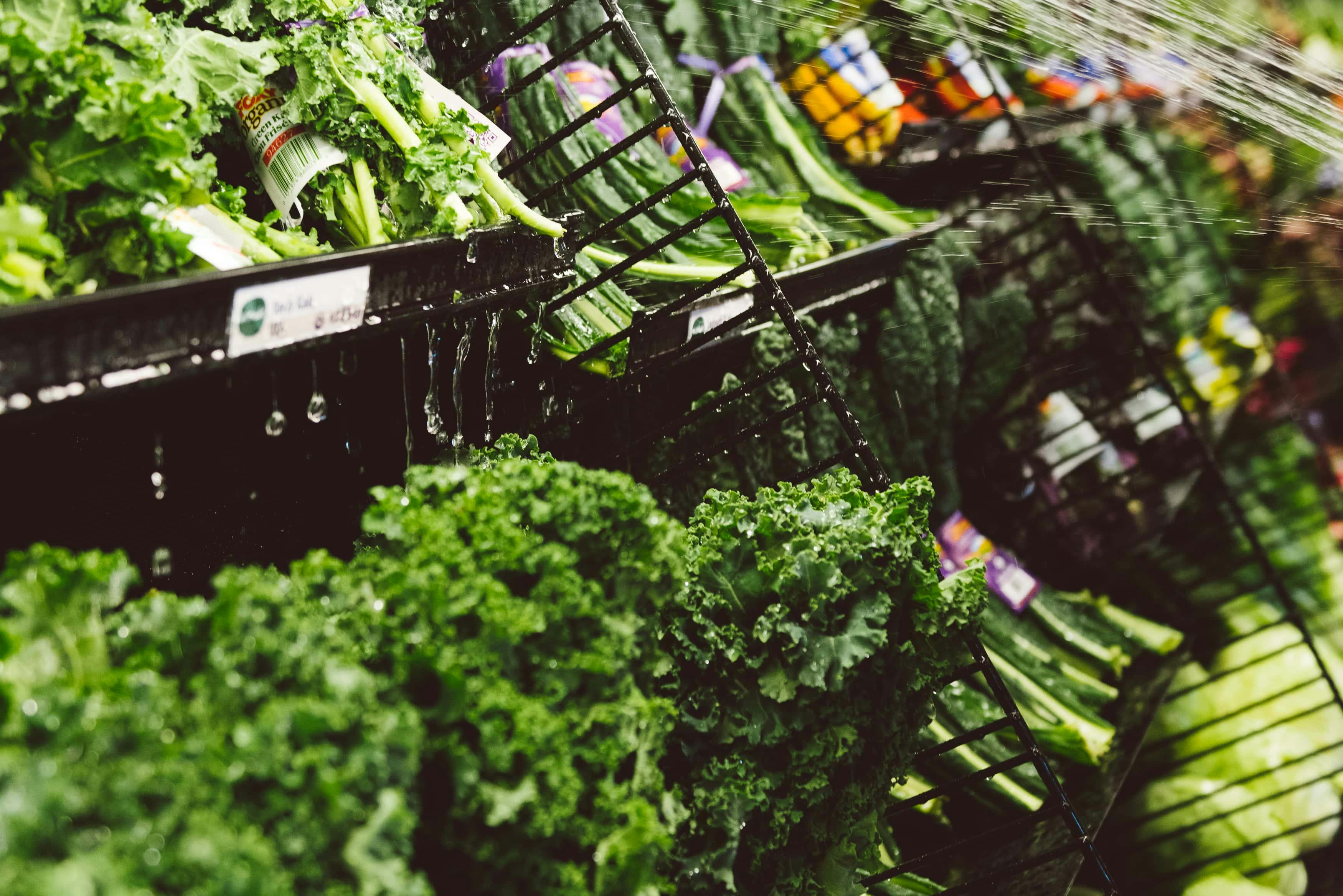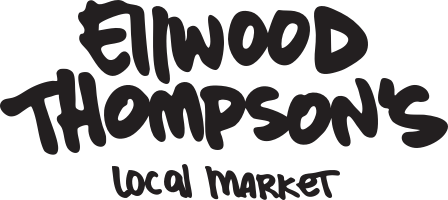Throughout the year, our diet can feel like it’s in a state of constant transition. With increased exercise and movement in the Summer (more energy!), cravings for soups and stews and grounding foods in the fall, and holiday havoc on our nutrition goals, it’s difficult to maintain a balance between what we know we need and what life has in store. One thing that should remain constant (although rarely does) is our attention to maintain adequate protein intake throughout the day as our lifestyle or diet changes for whatever reason. This is an area so many people struggle, and they show up with the symptoms to prove it.
Low appetite in the morning, exhaustion after lunch midday, waking up multiple times at night, fatigue and weakness in our muscles, brain fog….all of these can be signs of inadequate intake and also disrupted blood sugar balance. Eating enough protein in the day – especially early in the day for breakfast – plays a huge role in establishing our circadian rhythm an cortisol balance for the day, and consistent, reliable protein intake throughout the day (with snacks and also at lunchtime) helps to stabilize our blood sugar so we wont have those afternoon slumps where we’re reaching for quick carbs, sugar or caffeine. There is no one right amount for everybody. Each person requires a different amount of protein depending on their body weight, exercise and energy expenditure and the types of proteins their eating. Here’s an easy formula to figure out what you need to aim for:
- (body weight / 2.2) x 0.8 = _______ grams of proteins per day for carnivores
- (body weight / 2.2) x 0.9 = _______ grams of protein per day for vegetarians & vegans
For example, if you weight 145 pounds, the formula would look something like this:
- (145 / 2.2) x 0.8 = 53g of protein as your baseline if you’re eating meats.
- (145 / 2.2) x 0.9 = 60g of protein as your baseline if you’re vegetarian or vegan.
This is a baseline formula – the minimum amount of protein you should aim for each day if you have a relatively sedentary lifestyle. This number should increase quite a bit if you’re exercising consistently or your energy expenditure is higher than normal to allow for muscle protection and growth.
So, when should you be eating all of this protein? I recommend eating about 40% of your daily protein for breakfast, 40% at lunchtime and 20% at dinner time. This heftier portion in the early and mid part of the day will support your blood sugar balance to sustain energy, alertness, hormone balance and circadian rhythm at the time when you’re body needs to functioning most efficiently. You don’t often need extra protein at the end of the day as your body should be winding down, cortisol levels should be decreasing (to allow your body rest and relaxation and sleep), and as you’re sleeping the body should not be focusing so much energy on digestion.
For most vegetarians, variety is key for your protein intake (don’t just rely on one or two protein sources if you can help it). Here are some simple options for nutrient dense, plant base proteins and their nutritional amounts:
Tempeh, cooked, 1 cup
- Protein 31 g
- Fiber 8 g
- Excellent source: Omega-6 fatty acid, Copper, Iron, Magnesium, Phosphorus, Zinc, Vitamin= B6, Riboflavin, Niacin
- Good source: Omega-3 fatty acid, Calcium, Potassium, Vitamin B-12, Folate, Thiamin
Lentils, cooked, 1 cup
- Protein 18 g
- Fiber 16 g
- Excellent source: Folate, Manganese, Iron, Phosphorus, Copper, Thiamine, Potassium
- Good Source: Magnesium, Vitamin B6, Zinc, Pantothenic Acid
Quinoa, cooked, 1 cup
- Protein 11 g
- Fiber 5 g
- Excellent Source: Magnesium, Phosphorus, Manganese, Folate
- Good Source: Thiamin, Riboflavin, Vitamin B6, Iron, Zinc, Copper, Potassium
Black Beans, cooked, 1 cup
- Protein 15 g
- Fiber 15 g
- Excellent source: Folate, Copper, Manganese, Thiamine, Magnesium, Phosphorus, Iron
- Good Source: Potassium, Zinc, Copper
Hemp Seeds, 3 Tablespoons
- Protein 9 g
- Fiber 2 g
- Excellent source: Omega-3 fatty acid, Manganese, Vitamin E, Magnesium, Phosphorus, Zinc
- Good source: Iron, Vit. B6, Niacin
If you feel like you’re struggling to figure out what’s right for you, or your planning on transitioning your diet, lifestyle or exercise routine, consider scheduling a FREE health coaching appointment on Thursday evenings between 5:00-7:00PM at Ellwood Thompson’s. Email healthcoach@ellwoodthompsons.com for appointment requests.











